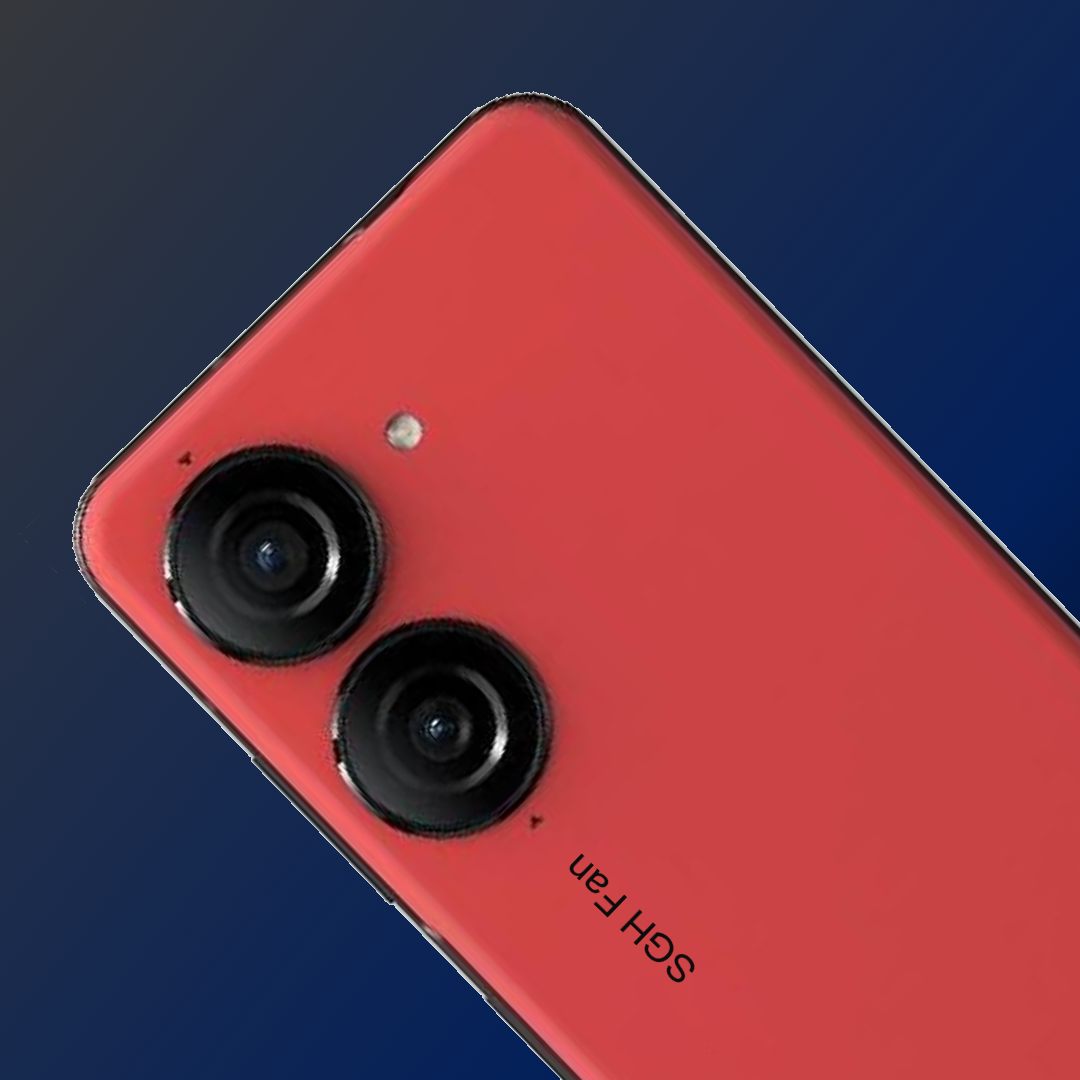Kinda weird that they’re calling it an OS, but ig they’re just trying to cater to the windows audience
KDE neon is what they’re selling
Selling as in advertising, I might add. Neon is free
Neon is more of a testbed than a proper distro (they don’t actually even use that word).
Is this “the KDE distro”?
Nope. KDE believes it is important to work with many distributions, as each brings unique value and expertise for their respective users. This is one project out of hundreds from KDE.
It’s a proper distro, that’s just saying it’s not THE official one
“But can Linux install things via a single .exe file? HAHAH EAT IT NERD!”
- 10’ish years ago past me, before discovering the magical wonders of the package manager
I found since people are used to app stores, I’ve had a much easier time convincing people to try out Linux. My mom even said that she always wished her windows PC had a proper app store.
I think it’s still important to explain the key difference between an “app store” and a package repository: the latter isn’t a “store” because everything is free.
True but it helps get the concept across so much.
Thst might change with Flathub’s ambitions to become an actual app store though
Did I just heard that right? Flathub wants to charge for software?
Yes. Flathub wants to become a platform where people and companies can sell their software
Well hey, as long as these participating devs maintain that their software remains FOSS, I’d pay up. They do a lot of good work, can’t do it all for free.
But Windows does have an app store, and has for ages now.
Yeah but it’s awful, and can only install UWP apps which are just plain bad
When is the last time you’ve used it? Microsoft opened it up and now you can find all types of non UWP apps in it.
With app images it’s easier than installing. Although the chmod step will deter the typical windows user
What chmod step?
When I clicked on new app image, the OS told me, that program /name of app/ will be launched, I clicked “Continue” and it runs! No meddling with “chmod” or anything like that.
Same, I love AppImages for that. I just wish they also had way to contain configurations instead of putting it on the system. That would make it even more portable.
With file managers, for example in thunar, you can select Properties -> Permissions -> Allow this file to run as a program
Windows 11 takes your money, gives you ads, sells your information and ignores your bug reports and feature requests
KDE is free, ad-free and open to contribution
I think we have a clear winner here
But can it run proprietary software used in the industry? From Excel to Photoshop, if you are in a collaborative professional environment, you can’t run away from those, and don’t tell me you can use the alternatives in Linux, because no, you can’t. This is not linux fault, but it’s still an issue you can’t handwave.
I love linux, but you can’t expect people to adopt it just because it’s objectively better than windows.
Wine can run most of those, not all. You can still dual boot Windows if you need to (VMs are an option, but they aren’t always the best).
I mean, that’s what I do. Will I be able to convince my 60 yo colleague that had been using the same workflow for decades? No, not a chance.
Meh I had a dual boot machine ages ago. Still here collecting dust. Basically I only switched to use the Linux for down time, movies, and study, most day to day tasks from engineering software to anything I considered important enough that you do not want the results hacked or broken I would use Windows.
I think of modern machines kind of like a hammer. These days almost nobody actually remembers the guy who made the first hammer, or who discovered fire, but there’s a price tag for the bow, the paper and the hammer, not so much the making of the hammer, because the actual skill involved or required to learn about it has become challenged if not cheapened to the degree that there are now multiple paths to obtain or create a hammer, yet the benchmark quality of the hammer as well as the process for creation itself as a whole is now more of an authority than the actual original statue or monolith of “hammer man” himself.
This is why I think the many flavours of Ubuntu including the many esoteric Linux distros are still interesting but still lack the diversity of use and specialization. The fact that whole blockchains are built for XYZ while sitting around pumped then dumped to trading at cents with no use goes to show how cloud computing systems and lower level computing is still very disconnected and becoming further thrown aside to uphold ponzi schemes.
I’ll give you an example, more money is wasted on onlyfans per year than for people trying to use system XYZ for solving problem A, or curing cancer. Consider that to be one of the “good” reasons many men and women are so misogynistic, even without looking down on sex workers.
I… what? What does Ubuntu have to do with misogyny?
This post reminded me to take my meds.
But can it play Starfield with an Nvidia GPU? I originally had popos on my PC until Starfield came out, I had to switch to Windows to play.
Plasma is not a system, but I see how they didnt want to confuse people here
It is a desktop environment system.
But no operating system
Linux is the modern OS and windows is just a bunch of old shitty technology in a trench suit.
This is kinda how I feel about Windows these days. It’s interface, directory structure, shudder the registry, user specific apps (from MS Store or Winget), buttons being inserted into the menu bars on some apps, but not others, button sizes being different sizes, some parts still using the Metro interface. The whole thing either needs a re-write, or should be dropped and something new to replace it. Don’t even get me started on things like the eventvwr hanging for 20 seconds after it opens, event tracer API, their in-house abandonment of powershell modules once powershell was open sourced, Windows containers being a disaster, etc.
The problem is that so much critical infrastructure around the world relies on ancient Windows software. I’m pretty sure their backwards compatibility is one of the reasons there’s so much inconsistency in Windows, and every iteration seems to just add more bloat on top.
Yeah, but that old technology is what still lets me run a 13 year old version of Adobe creative suite. If that ever changes I will have to learn something new!
We will perhaps never beat adobe but nowadays there are some amazing tools!
… Which are developed for windows as well. Haha.
So basically ever since I first tried Windows 7 I held it as the “Gold standard” for desktop OS’s. Half my tweaks to Windows 10 were trying to get it as close to Win7 as I possibly could.
When I finally start experimenting with Linux early this year KDE quickly got me to reconsider my “Gold standard” and finally switch my main machine fully to Linux.
No regrets and certainly ain’t switching back even if Microsoft gave me updated Windows 7 with every extra feature I wanted back then.
I’ve been a Linux user for a decade and a half now, but still use Windows on my corporate laptops. Honestly, it’s baffling how Microsoft seem to consistently manage to miss the mark with the UI design. There’s lots to be said about the underlying internals of Windows vs Linux, performance, kernel design etc., but even at the shallow, end user, “is this thing pleasant to use” stakes, they just never manage to get it right.
Windows 7 was…fine. It was largely inoffensive from a shell point of view, although things about how config and settings were handled were still pretty screwy. But Windows 8 was an absolutely insane approach to UI design, Windows 10 spent an awful lot of energy just trying to de-awful it without throwing the whole thing out, and Windows 11 is missing basic UI features that even Windows 7 had.
When you look at their main commercial competition (Mac and Chromebook) or the big names in Linux (GNOME, KDE, plenty of others besides), they stand out as a company that simply can’t get it right, despite having more resources to throw at it than the rest of them put together.
To me it’s absurd how Microsoft gets beaten by a free desktop environment when windows is like their main product. They have billions of dollars. How do they manage to not do better?
windows is like their main product
TBF it isn’t really - only about 12% of their revenue. It’s more of a means to lock people into their other products.
Well, that’s the thing, it’s the core part of their entire business. The glue that sticks everything together. Or at least used to be until Azure.
Microsoft will probably never truly catch up with KDE
Plasma 6 is approaching fast
So is Windows 12… /s
Approaching at $9.99/month.
Konquered

Because I need Windows to run old C&C games. Get Generals world builder working on Linux and I’ll delete my dual boot
In the newest windows, it is even possible to hover the volume icon and change it with the mouse wheel!!!
To be fair, forcing a bunch of software on the machine users own was never a good move, and in my opinion, not a new normal.
It was a good move when people had no idea what they were doing and needed defaults to get started.
And you can’t get de-crufted Win11 outside Europe! Another win for Plasma!
deleted by creator
What’s plasma ? Is it a browser? Sorry, I dont understand computers
Unlike Windows and MacOS, the Linux ecosystem is a lot more modular. For example, graphical user interfaces. There are a few types, ranging from ruthlessly simple tiling window managers to more complex desktop environments that more closely resemble the Windows or MacOS experience.
Linux users may take their pick between about a dozen desktop environments (DEs), including Gnome, Cinnamon, Mate, xfce and LXQT.
KDE (once standing for Kool Desktop Environment, now merely KDE) is a community/organization that produces open source software. They made Krita, a raster art program, KDENLIVE, a video editor, and many other such utilities. They also make the Plasma desktop environment, which is often referred to simply as “KDE” by distro maintainers. For example, you might download Fedora GNOME or Fedora KDE.
KDE Neon is an operating system maintained by KDE which features the Plasma desktop.
KDE Plasma is an desktop environment.
The kind of thing you interact outside of installed app/programs. Like the panels, window decorations (titles, close buttom, maximalize button), the way windows float and behave, system settings, etc.
Unix systems (like Linux) are very modular and you can install different desktop environments if you want. And even within those desktops are modules, like you can install different “start menu” or file manager on KDE Plasma.
Well, if you bothered to read the text on the image, you would have found your answer.
No wonder lemmy user base Is dropping with holier than comments like this. Let me guess, you use arch too?
Oh sure, defending people who aren’t even willing to read the text of the post while also attacking the one who complains about that circumstance is better, right?
Well, although usually it’s a good idea to read the original post first, in this instance the original post is at best misleading because it refers to Plasma as an “operating system” rather than a desktop environment.
(Or for those who want to use even more precise terminology: its full name is either “Plasma Desktop” or “KDE Plasma Desktop”, because KDE also has some non-desktop environments such as Plasma Mobile and Plasma Bigscreen… none of which are as popular as Plasma Desktop, though, so usually Plasma Desktop is colloquially called just “Plasma”.)
I never said anything regarding the truth of the original posts claim; it’s just irritating when people start asking questions without even reading what was initially written.
an linux operating system made by the KDE team
raises pendantic finger Ah-hem, sorry, but KDE Plasma isn’t an OS. It’s a desktop environment. For an OS bundled/built-around Plasma then Kubuntu or KDE Neon are both Linux distributions that would better fit that description.
Since when has KDE been an OS?
Currently, dual booting Fedora and Windows 11 on my Asus gaming laptop, and I love Fedora, but it’s still not full sailing. Every other boot the wifi card doesn’t register and I have to reboot, others the OS freezes even though Grub doesn’t but nothing actually opens or closes, and lastly if the laptop is on battery and goes into hibernation, waking it up takes around 5-10 minutes. To add that gaming is still not as smooth as it is with windows, and I still have a use for Windows pOS.
there seems to be a problem either with your specific install or with the compatibility of fedora and your hardware. None of what you listed is expected normal behavior. Maybe try reinstalling fedora or another distro, best of luck :)























